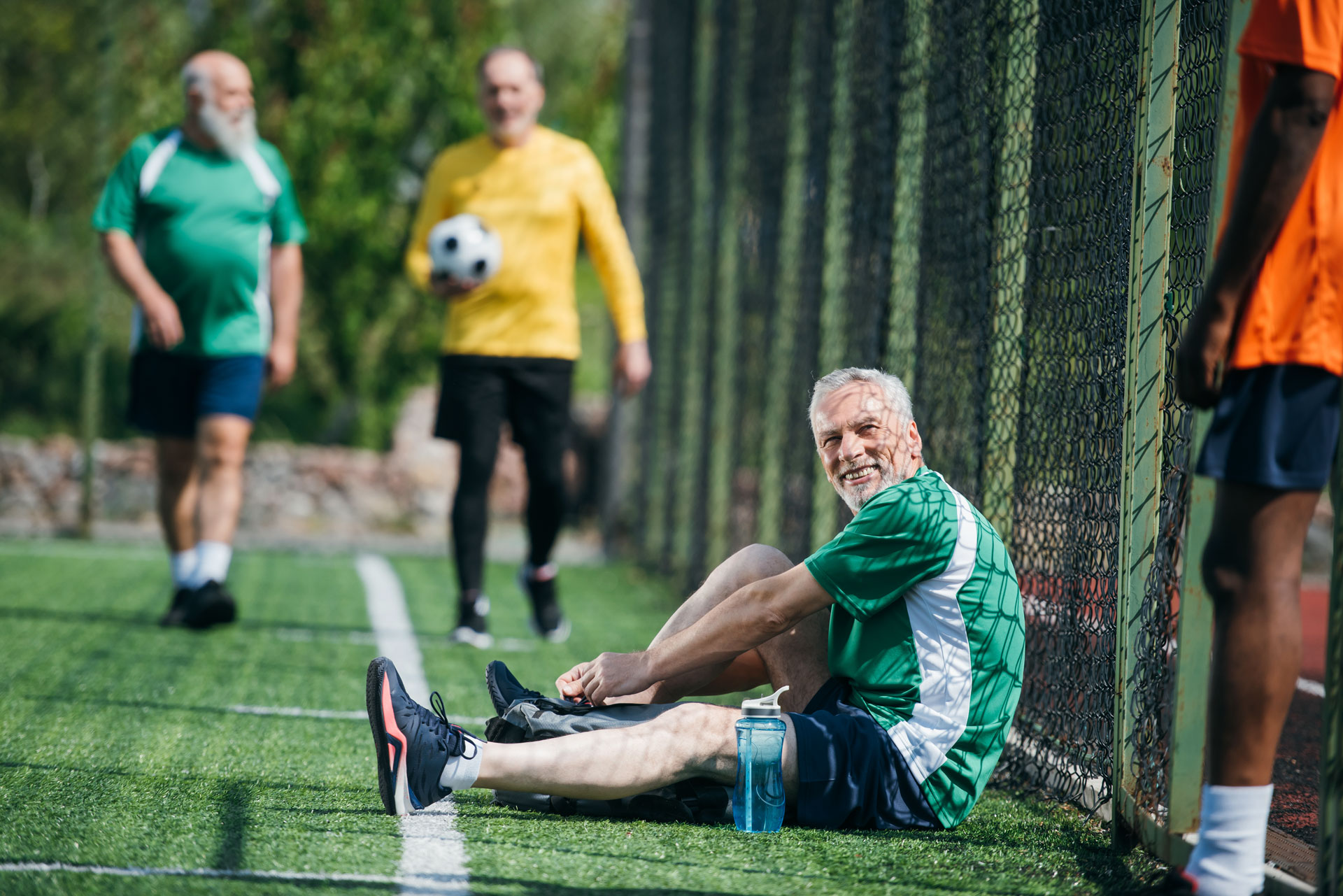Find new activities

Find your activities
Use the below tools to search for activities.

Want to keep updated?

Join us on social media
-

Follow us on Facebook for inspiration and hints and tips on how to stay active.
-

Follow us on Instagram and share your tips on how to stay active every day.
-

Follow us on Twitter and join the growing Make Your Move community.
Faqs
-
What is physical activity?
Physical activity refers to all movement including during leisure time, for transport to get to and from places, or as part of a person’s work. Both moderate- and vigorous-intensity physical activity improve health.
Popular ways to be active include walking, cycling, wheeling, sports, active recreation and play, and can be done at any level of skill and for enjoyment by everybody.
Regular physical activity is proven to help prevent and manage noncommunicable diseases such as heart disease, stroke, diabetes and several cancers. It also helps prevent hypertension, maintain healthy body weight and can improve mental health, quality of life and well-being.
-
Why is physical activity important?
Physical activity has a number of short and long term benefits for the heart, mind and body. Being physically active regularly helps with weight management, can prevent a reduce a number of health risk, notably heart and lung diseases, diabetes and certain types of cancer. Physical activity also strengthens your bones and muscles helping with mobility, flexibility and balance. Overall, the benefits enable you to live a longer, healthier life.
Along with this, being active is known to benefit you mentally as it can reduce feelings of stress and anxiety. Physical activity allows you to release hormones known as endorphins and referred to as the body’s natural pain killers as they relieve pain and also create general feelings of happiness and well-being.
-
What is the recommended amount of physical activity?
For adults aged 19-64, the NHS recommends some type of physical activity every day and explains how even regular exercise 2 to 3 times a week can have a number of physical and mental health benefits.
As an average, the recommended weekly level of activity is either 150 minutes of moderate intensity activity a week or 75 minutes of vigorous intensity spread evenly over 4 to 5 days or every day. This is also suitable for pregnant women and adults with disabilities.
For children, the recommended weekly level of activity is 60 minutes of moderate or vigorous intensity physical activity a day across the week
For adults over 64 the same guidelines apply, with a focus on flexibility and, balance and strength building.
This can be achieved by doing several short sessions of very vigorous intensity activity or a mix of moderate, vigorous and very vigorous intensity activity depending on the day. The NHS also recommends breaking up long periods with no movement with some activity, which can even be walking or getting up for a certain amount of time.


